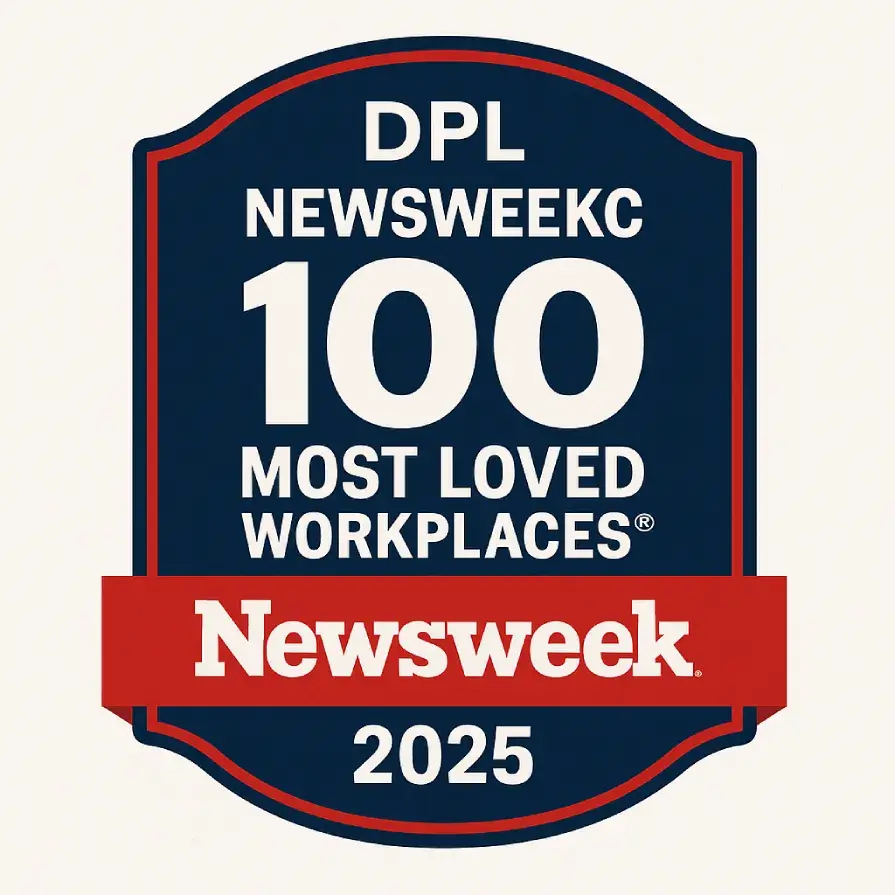Hyundai Fined Rs 25 Million by CCP for Misleading Tucson Launch Offer

During the launch of Hyundai Tucson SUV in 2020 Hyundai Nishat Motors (Pvt) Ltd. faced a Rs 25 million penalty from the Competition Commission of Pakistan (CCP) for deceptive marketing. The fine comes as a result of Hyundai’s failure to disclose the limited duration of its “introductory price” offer, leading to consumer confusion and allegations of unfair advertising.
What Happened During the Tucson Launch?
The launching of the Hyundai Tucson SUV for Pakistani customers by Hyundai Nishat happened in 2020 featuring special announcement prices. The company neglected to let clients know that the promotional price exhibited only for under 24 hours. Consumers received incorrect information about the duration of the incentive so they believed the discounted price would be accessible longer.
Hyundai Nishat suspended booking operations and rose Tucson prices by Rs 200,000 right after its launch. The Hyundai website removed all details about its original pricing information from its digital platforms to eliminate proof of the first prices.
Why the CCP Took Action
The CCP classified Hyundai’s promotional strategy as “bait advertising”—a deceptive marketing tactic where a company promotes a special offer to attract buyers but then withdraws or alters it without notice. Businesses must obey Section 10 of the Competition Act, 2010 because it stops businesses from misrepresenting facts in their advertisements.
The commission explained that deceptive promotions both fool customers and warp market competition by creating an improper benefit for the offending company. Hyundai’s promotional terms remained unclear which resulted in both customer confusion along with purchasing frustration since numerous buyers relied on faulty promotional material.
The Penalty: Rs 25 Million Fine
The CCP’s Rs 25 million punishment demonstrates to all companies what stands to lose when operating in Pakistan’s automotive and consumer markets. The commission states that acceptable advertising demands complete transparency along with full honesty. Organizations that break these principles face legal intervention together with monetary penalties and degraded brand popularity.
The CCP’s order requires Hyundai Nishat to display future advertisements with complete terms and conditions especially when marketing time-limited offers. Every consumer should effortlessly understand all disclaimers that companies display for public visibility.
Understanding Bait Advertising
The worldwide business community sees bait advertising as a form of unethical marketing practice. Other customers fall victim to unrealistic offers which become available only with undisclosed limitations. The company shifts customers toward premium choices after achieving their interest and unexpectedly raises prices.
By preying on customer trust this method reduces fair competition standards. The Consumer Council of Philippines (CCP) functions as a regulatory body to shield consumers from predatory marketing practices while ensuring equal industry conditions among businesses.
Consumer Protection and Market Fairness
The Hyundai Tucson case serves to demonstrate the fundamental matters surrounding consumer protection rights and advertising moral standards in Pakistan. Analyzing the advertisements to protect market dynamics should be a priority for companies because they lose consumer trust through misleading techniques.
Businesses must establish transparent communication with their clients through advertising practices. After buying something customers must never experience deception or intentional misguidance. All organizations including automotive developers and telecom providers and retail companies should practice truthful marketing standards to remain loyal to their customers.
Through this ruling regulatory bodies such as CCP maintain their position to protect public interest by ensuring transparency and enforcing accountability of private entities. The new ruling establishes stronger regulatory standards which advertising companies must meet in all fields of business.
Implications for the Auto Industry
The punitive measure against Hyundai Nishat will affect how manufacturers approach marketing their automotive products. Objectivity against deception becomes stronger as manufacturers face greater inspection regarding their product statements during both new-model introductions and advertising events.
The enforced message shows that advertisements need to provide exact information while all promotional conditions must receive public disclosure. Organizations must conduct honest advertising practices and keep their operations fair in order to maintain competition.
The automotive industry will require its members to establish new ethical advertising standards for their future operations. Marketers within companies need to receive training that enables them to follow both industry rules and legal standards. Protection of consumers as well as long-term brand loyalty stem from this practice.
Hyundai’s Brand Image at Stake
The legal decision creates major public image damage for Hyundai Nishat. The Pakistan auto market views Hyundai Nishat as an important participant but this incident combines the need for business accountability with ethical conduct.
This case-caused customer skepticism will affect all upcoming future Hyundai deals. Hyundai Nishat should start corrective measures and develop better communication together with genuine consumer focus to restore trust.
The present scenario allows Hyundai to build a new global market approach that respects ethical advertising rules.
Conclusion
The Competition Commission of Pakistan held Hyundai Nishat responsible for breaking marketing regulations in Pakistani auto industries through a Rs 25 million fine. The false advertising approach of Hyundai Nishat during their Tucson SUV launch campaign led to both damage of core advertising values and compromised consumer safety.
The incident shows businesses must engage in truthful marketing practices while revealing all necessary terms to customers with respect. Business integrity in Pakistani markets receives support from the CCP through ethical standards and fair competition frameworks that this incident has reinforced.
Moving businesses forward need to understand that implementing transparency brings both strategic benefits along with legal requirements to them. The market system requires honest advertising to be an essential item rather than an optional business policy according to Hyundai’s business case.









